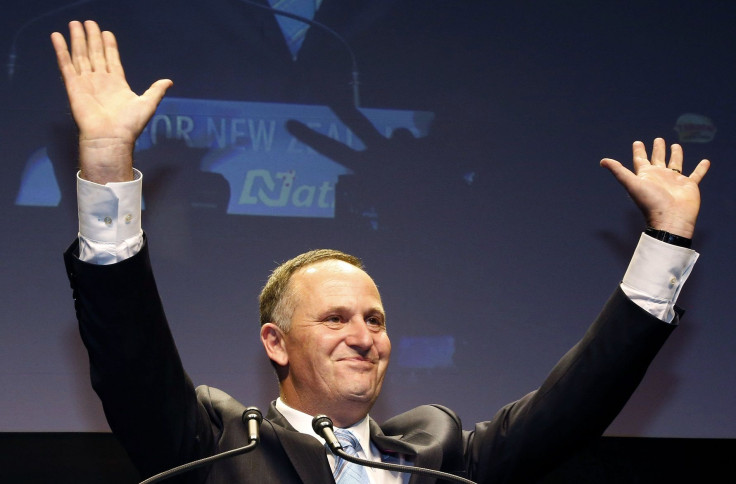Fiji Military Aware Of New Zealand Spying; GCSB Accused Of Mass Surveillance On Asian Countries

New Zealand’s intelligence agency has been accused of spying on Asian and Pacific countries. The report based on the secret documents leaked by former the U.S. NSA contractor Edward Snowden has since been denied by the agency’s acting chief Una Jagose.
Fiji has been cited as one of the countries that New Zealand’s GCSB has spied on. Radio NZ reports that Fiji’s military commander Brigadier-General Mosese Tikoitoga said the military was aware of the spying. He made the comment after last week’s series of reports claiming that the GCSB engaged in mass collection of data from Pacific countries.
It was previously reported that New Zealand had spied on the Fiji military in the 2000 and 2006 coups. Tikoitoga said the military had nothing to hide amid reports of the GCSB's mass surveillance.
According to the New Zealand Herald, the scale of the GCSB’s surveillance had contradicted the past statements of New Zealand Prime Minister John Key. Mr. Key had previously said the GCSB only focused on protecting the country from the threat of terrorism.
On March 11, Mr. Key attended a rare open meeting of the intelligence committee. Jagose told the committee that the GCSB had shared information and training with the Five Eyes network but it did not collect data on behalf of the member nations. She added that the GCSB acted under judicial warrant. “Everything we collect is authorised,” said the acting chief.
Nickey Hager, the investigative journalist who wrote the series of reports exposing the GCSB together with The Intercept, said New Zealand not only spies on small Pacific nations but also Asian countries. He accused the GCSB of spying on China, Japan, India, Iran and Pakistan. Hager added that the GCSB has also collected data on South American countries and isolated scientific bases in Antarctica.
Meanwhile, Labour party leader Andrew Little said Mr. Key should answer the questions surrounding the accusations of mass surveillance. He believes the public has the right to know about the activities of New Zealand’s security and intelligence agencies and whether or not they engage in mass surveillance. Little said Labour will be calling for greater transparency when intelligence agencies will be reviewed later on in the year.
To report problems or leave feedback on this article, contact: r.su@ibtimes.com.au




















